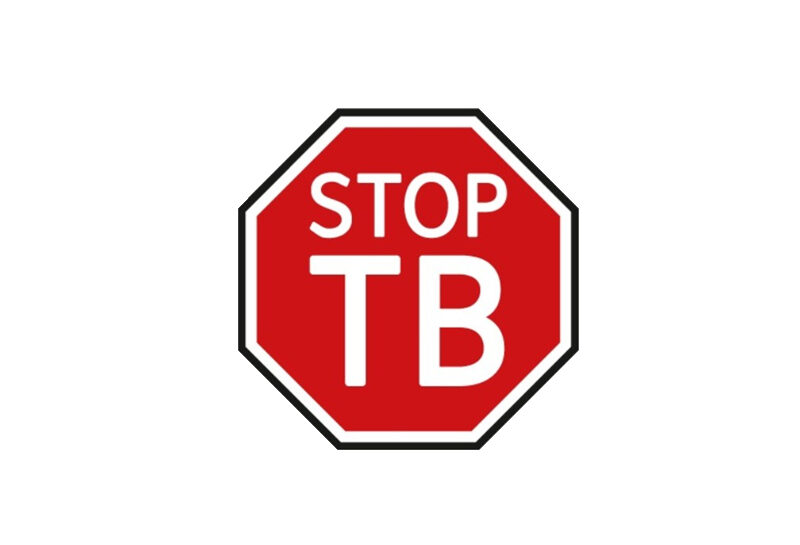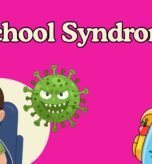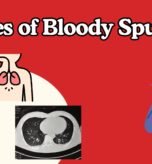Tuberculosis is a type of infection that mainly affects the lungs causing pneumonia. It affects other body systems also like the brain, intestines, liver, spleen, lymph nodes and skin.
India bears one-third of the tuberculosis cases in the world. It is the most common cause of pneumonia in adults and is not uncommon in children.
For years, tuberculosis in India has been associated with a social stigma and people suffering from TB are often rejected and socially isolated.
Few myths about TB disease prevalent in Indian are:
- Tuberculosis does not affect children
- TB spreads by touching
- Tuberculosis is incurable
- Drugs for TB are harmful
- TB patients are infectious for life
Tuberculosis does not affect children
Tuberculosis is a disease of the adults and children. In children it is usually transmitted from an affected adult in the family. In older children, it can be acquired from the community as well. Children are at higher risk of acquiring severe disease because of their low immunity.
Any child suffering from cough and/or fever for more than 2 weeks, loss of weight or not gaining weight, living with an affected family member in last 2 years is at risk of having tuberculosis infection. These children must be investigated for tuberculosis by pediatric pulmonologist.
Tuberculosis spreads by touching
Tuberculosis is caused by a bacterium that enters the body through the air we breathe. When a person infected with TB coughs or spits, the bacteria present in the tiny respiratory droplets float in the air and these can then be breathed in by a healthy person. Thus, TUBERCULOSIS IS A DROPLET INFECTION and it DOES NOT SPREAD BY TOUCHING.
Avoiding crowded places, covering mouth and nose around a coughing person are some precautions that can be taken to prevent infection.
Tuberculosis is incurable
Tuberculosis is a bacterial infection and is completely curable with anti-TB drugs that are easily available all over the country. The guidelines for treatment of TB have been laid down by the RNTCP program by government of India based on meticulous research. Anti-TB drugs are administered to all patients with TB for 6-9 months based on the type of TB.
The hurdles in curing TB are poor compliance with medicines (often patients don’t take medicines for the complete duration of treatment), lack of awareness amongst people which leads to delay in reporting to doctor and delay in diagnosis.
Drugs for tuberculosis are harmful
Anti-TB drugs are a boon in the treatment and control of tubercular disease since 1950s and are the only treatment option for TB. Although these drugs are associated with adverse effects, they can be monitored and treated.
Regular follow up with the doctor while on treatment is extremely important to monitor for these adverse effects so that the treatment can be modified accordingly.
All tuberculosis patients are infectious for life
Although tuberculosis patients are responsible for spreading the infection, they become non-infectious during the course of the treatment. After 2 months of treatment with Anti-TB drugs, sputum tests are repeated to check for presence of bacteria. Once the patient has negative reports he is considered non-infectious.
After completion of anti-tubercular treatment of 6-9 months, the person is considered cured and non-infectious.
TUBERCULOSIS IS A TYPE OF PNEUMONIA THAT AFFECTS CHILDREN OF ALL AGE GROUPS AND IS COMPLETELY CURABLE




